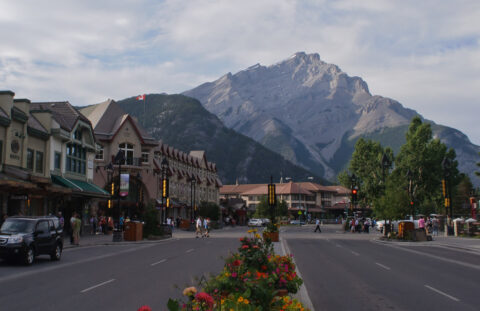Sarah Hoyt on a topic I’ve been pushing for years in casual conversation:
Recently, in a conversation between friends, the hypothesis was floated: what if all the burning farms, derailed trains, crop failures, etc. etc. etc. etc. ad scary nauseam aren’t really enemy action, but more a competency crisis.
As in these things happen not because big-bad is plotting against us, but because no one knows how to do the things they purportedly do anymore. Some kind of know, but they are hampered, slow, and sometimes hemmed in by counterproductive regulation or the result of previous “strokes of genius” decisions that broke the system.
I’m not going to bore anyone with what I know to be a massive crisis of competency plus inherited factors breaking ability to function in the field. I already did that at Mad Genius Club this morning, and am not unpacking the whole thing again.
But here’s the thing: All of us can live without a functioning fiction writing/selling market. Maybe not as pleasantly/happily, at least for those of us addicted to reading, but we can survive. We have old books to re-read, and if we get really desperate we can write our own fanfic.
It’s another thing when you talk of transportation or medicine, or farming, or – Well, everything else.
I have friends and fans in a lot of places. And almost everyone’s story is of being caught in the middle of a system where nobody knows or can do much of anything. It’s all the way the cogs and bureaucracy move. And the way they move is completely divorced from what needs done, or what anyone knows how to do.
To give an example: Suppose you were hired to haul buckets from a well. But when you actually get the job, you find out, no. Because of inherited systems, and what your superiors expect, you’re supposed to climb down the wall, hand over hand, and bring up water by the cupfull. And there are regulations in the works to make that by the spoonfull. However, you’ll be fully held to account if you can’t provide the amount of water the company is contracted for. You. Personally.
So, you do what you can. You fudge the books. On paper, you’re getting all this water up. Where the water goes no one knows, every one down stream (pardon the pun) from you does the same.
If this sounds like the soviet system? It is. It’s just that the directives don’t come directly and traceably from the government. (Though under the infestation of Bidentia they increasingly do.) Instead, they come from “experts” “scientists” “Studies” “marketing gurus.” And sometimes they are curtailed or made worse by agencies and regulations.
Yes, the managerial or worse “expert” class is the same that furnishes government. These are not your friends, are not meant to be your friends, and are convinced they know much more than you do.
What they know in fact is “how to manage.” But it’s not how to manage anything. They know theory of management (or whatever) derived from no reality (mostly from the writings of Marx, if you dig a little) and pushed ALL THE WAY DOWN.
It’s like — exactly like — being run by “experts” who memorized the Little Red Book. It might please those in power, but it has nothing to do with accomplishing the actual job in front of you.
Part of this has to do with colleges. Remember all those student demonstrations of the 60s? If you’re like me, and didn’t hit college till the eighties or younger, you might think these are, as the movies show, all anti-war and for civil rights, and all that jazz.
Unspoken to any of us is the fact that half of these demonstrations were to DUMB DOWN THE CURRICULUM. To demand easier grading. And social factors taken into account. And to “update” to “relevant things.”
The idea being that we were in a sort of an year zero and anything else, in the long storied glories of Western civ no longer counted, except for us to declare ourselves superior to it.






